CENARIUM NETWORK launches GRIOT Podcast, a project that values oral memories and Afro-Brazilian cultures in the Amazon
15 de August de 2025
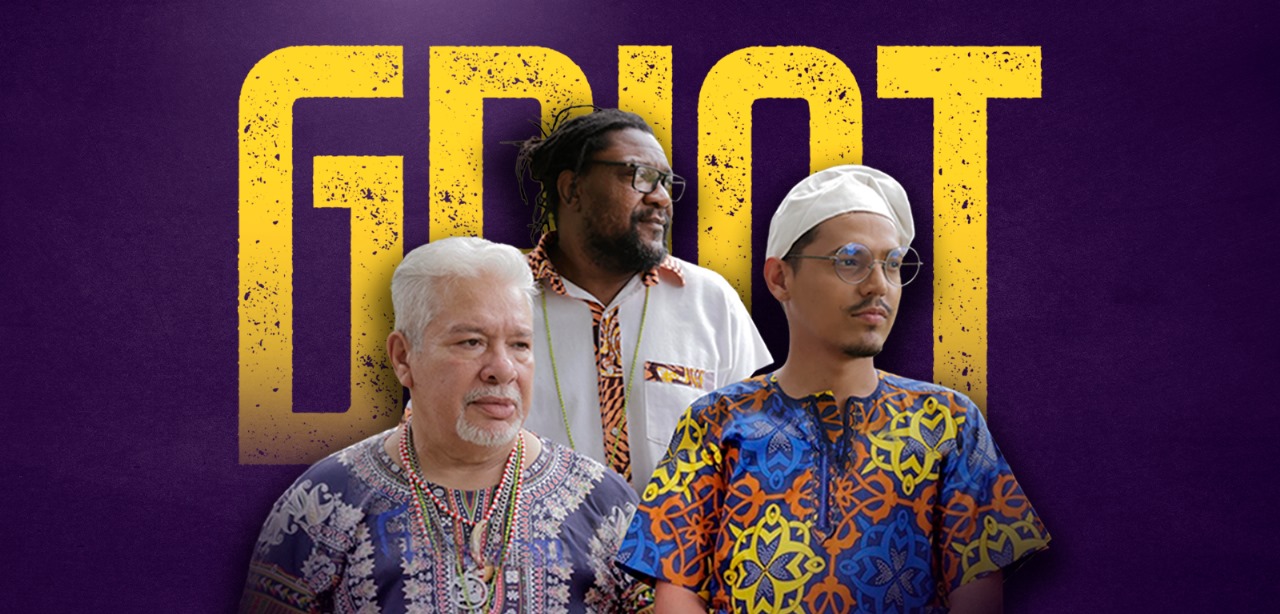
By Isabella Rabelo – From Cenarium
MANAUS (AM) – This Friday, 15, at 5 p.m. (Manaus time), the CENARIUM NETWORK premieres the GRIOT Podcast, a space dedicated to listening to and valuing oral memories, with a focus on Afro-Brazilian religions and African diasporas. Inspired by the tradition of storytellers from West Africa, the project seeks to connect past, present, and future through ancestral knowledge and narratives of resistance.
The program was conceived and developed by anthropologist and researcher Christopher Rocha, who combined academic experience and interest in oral traditions to create a space dedicated to valuing memory and listening. In addition to being the creator, Rocha also hosts the program, with production by journalists Bianca Diniz and Alinne Bindá, who help transform the concept into a consistent journalistic and cultural product.
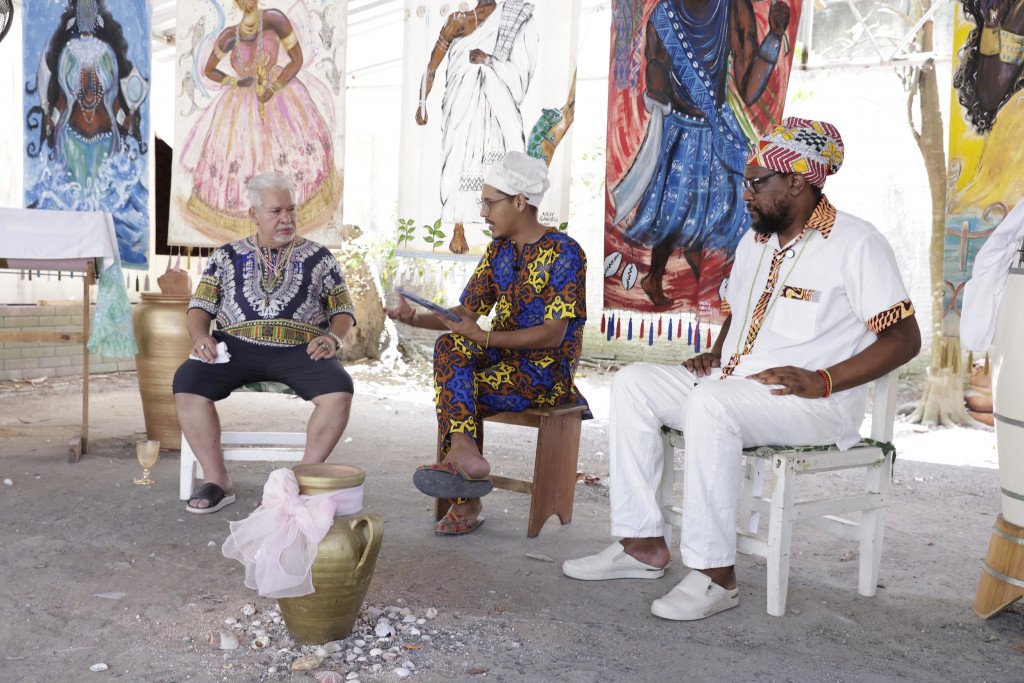
The first episode was recorded at Xwê Ná Sín Fifá – Templo Tambor de Mina Gegê Nagô, in Manaus, an emblematic space of cultural resistance in the capital, and features the participation of priests Babá Titi Lade and Hunjaí Luiz de Badé.
For Rocha, the GRIOT Podcast plays an essential role in disseminating knowledge that predates Western logic. “This is an important moment for discussing Afro-diasporic religions and Afro-diasporic culture in the Amazon and in Brazil. This supports the entire trajectory of struggle of the Black movement and the casas de axé, which have already experienced moments when they could not profess their faith. Our goal is to demystify the view people have of African-based religions and to disseminate an ancestral science passed down orally over many years”, he emphasizes.
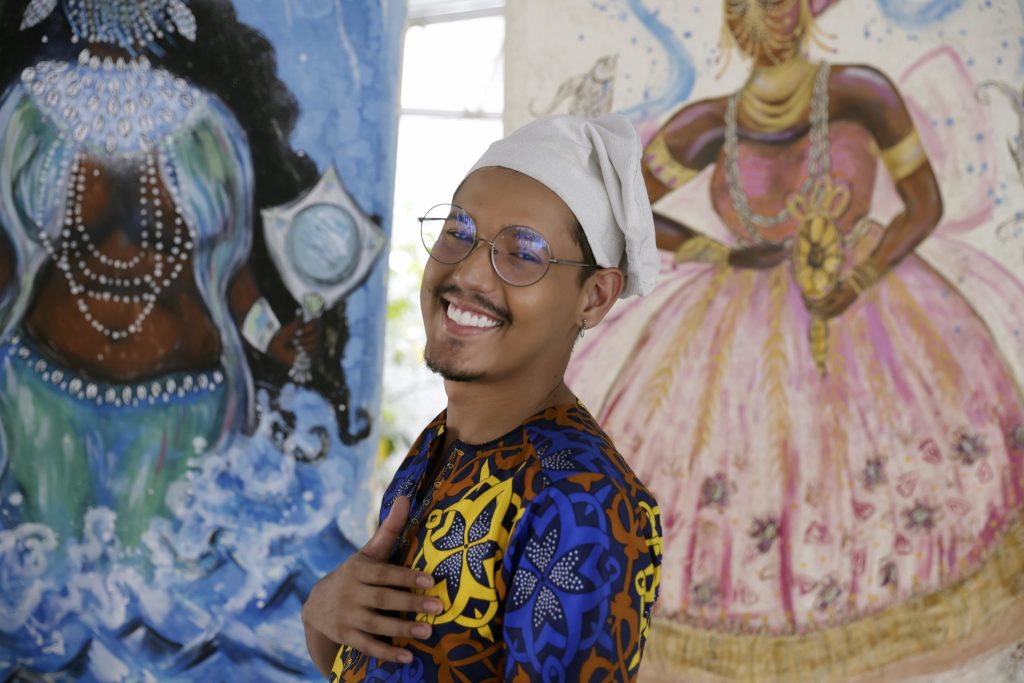
CENARIUM’s general director, Paula Litaiff, says that the launch of the GRIOT Podcast symbolizes more than the creation of a new journalistic product; it represents an act of preserving and amplifying historically silenced voices. By bringing Afro-Brazilian narratives in the Amazon to the center of the debate, CENARIUM reaffirms its commitment to valuing cultural diversity.
“The GRIOT Podcast emerges from a scientific initiative by researcher Christopher Rocha, seeking to establish itself as a meeting point between ancestral orality and the contemporary pulse of the Amazon, reaffirming that Afro-Brazilian culture is a living, formative, and transformative part of our regional identity. We, at CENARIUM, are very happy to be part of this project”, says Paula Litaiff.
First episode
In the debut episode, Babá Titi Lade, who holds Cuban nationality, highlights the richness of Afro-descendant traditions in the Amazon region. “Here we also have a lot of contact with Indigenous peoples, which enriches and complements our culture. We want to show that we exist, that we are human beings, priests of ancestral religions that spread love and are part of Brazilian life”, he stresses.
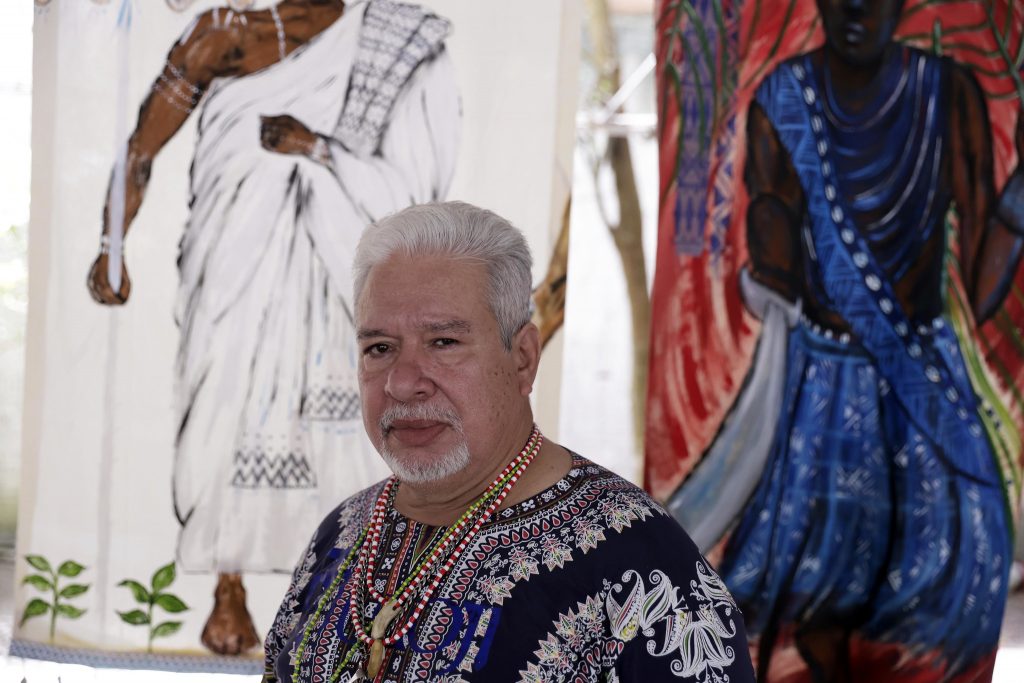
Hunjaí Luiz de Badé, who has lived in Amazonas since 1997, emphasizes the importance of making the region’s cultural and environmental diversity visible. “I consider myself an Amazonian today. We work so that the community has well-being and to strengthen affirmative processes. A project like GRIOT gives us the possibility to show this diversity and take the necessary stands. It is important to have a media outlet that cares about this and opens space for these issues”, he states.
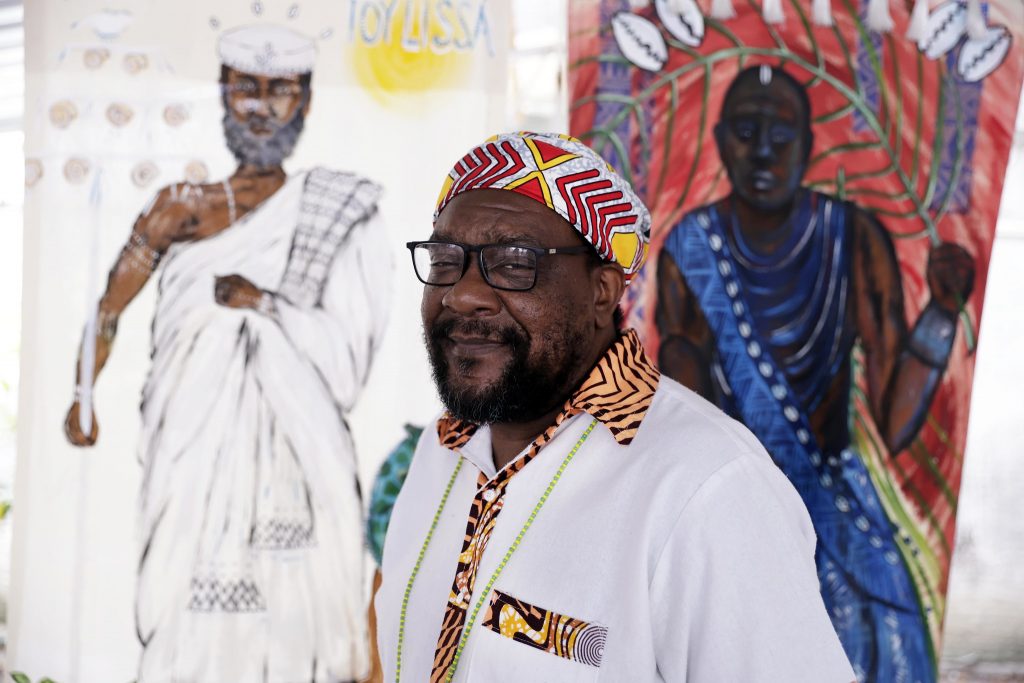
The first episode of the GRIOT Podcast will be available starting at 5 p.m. this Friday, 15, on the TV Cenarium YouTube channel.
The term ‘GRIOT’
The term GRIOT refers to the guardians of oral tradition in West African societies, responsible for preserving and transmitting the collective memory of their peoples. Passed down through specific families, the role involves narrating genealogies, myths, historical deeds, and legends, often accompanied by music, poetry, and instruments such as the kora. Historian Thomas A. Hale, author of Griots and Griottes: Masters of Words and Music, emphasizes that these masters of the word combine art, history, and music to keep cultural identities alive.
Even today, GRIOTS play a relevant role both in African communities and in the diaspora, as symbols of cultural resistance. Their work inspires artists and researchers, reinforcing the importance of keeping histories and identities alive in the face of the risk of erasure.

